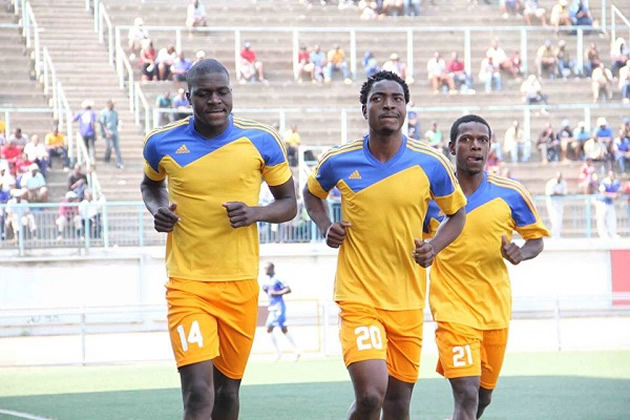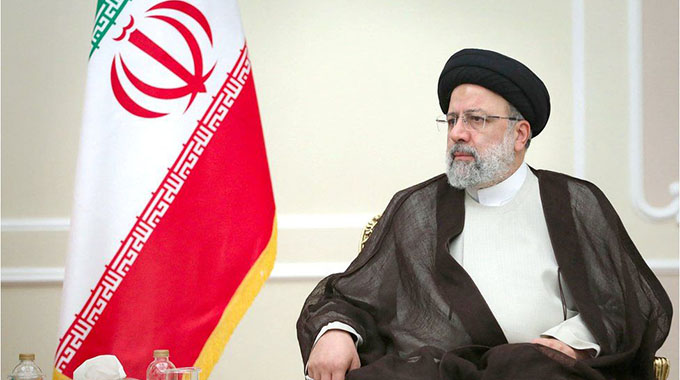Pall of shadow over Obama’s Cuban visit

HAVANA/BEIJING. — President Barack Obama was due to arrive in Cuba yesterday for a 48-hour visit, making history by venturing into what was once enemy territory and sparking enthusiasm among Cubans who have seen their Communist government vilify 10 previous US leaders.
The visit, the first by a US president in 88 years, would have been unthinkable until Obama and Cuban President Raul Castro agreed in December 2014 to end an estrangement that began when the Cuban revolution overthrew a pro-American government in 1959.
According to a commentary by Xinhua, the Chinese news agency, Obama’s visit, though a historic move, cannot reverse the fact that the United States has not yet dropped its ideology of interventionism in Latin America.
Obama on March 3 extended an executive order that describes Venezuela as a security threat, drawing fire from a host of Latin American countries, which accused Washington of seeking to destabilise Venezuela, the most prominent critic of the United States in the region.
Cuba and Ecuador said that the US action constituted an intervention in Venezuela’s internal affairs and sought to dismantle the Bolivarian revolution, which liberated much of Latin America from colonial powers.
Nicaraguan President Daniel Ortega said the United States was seeking to repeat the actions it has historically taken against Cuba.
In addition, the United States allegedly waged a smear campaign against Bolivian President Evo Morales in a referendum in February, leading to an unexpected result that prevented him from standing for re-election in 2019.
Interventionism, at the core of the Monroe Doctrine, has been an important part of Washington’s Latin America policy and has helped the United States drive out European influence in Latin America.
In recent decades, the United States has carried out blatant military interventions in the Dominican Republic, Grenada, Panama, Cuba, Chile, Guatemala, Nicaragua and Haiti.
In 1989, US troops invaded Panama and took its leader Manuel Noriega for trial and imprisonment in the United States. — Xinhua/Reuters.









Comments